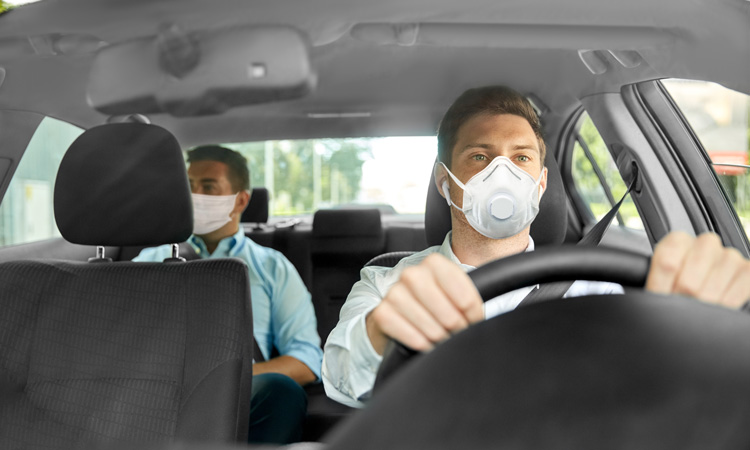We are always taught about how to avoid accidents, or what to do after an accident as the driver, but seldom do we hear about what to do as the passenger. In this article, we will tell you how you can stay safe as a passenger in a vehicle, and what to do in the aftermath of an accident.
How to Stay Safe as the Passenger in a Vehicle
As with most things, common sense will keep you safe, and much of this list should be practices that you have already picked up or already do instinctively.
Seeking Legal Aid
Before moving onto the main body of this article, it is important to mention that if you have already been in a car accident, then you may be wondering what your options are? Well, first and foremost, you need to seek medical treatment, contact the police, and then potentially a lawyer; if you are a passenger in a car accident, you could be entitled to a lot of compensation. If you are entitled to compensation, you should always demand it.
Wear a Seatbelt
This is without a shadow of a doubt the best thing that you can do to protect yourself while you are the passenger in a vehicle. An alarmingly high number of people do not wear seatbelts when they are in a car. In the United Kingdom, out of 22,215 people killed in car accidents in 2019, 47% were not wearing seatbelts. Seatbelts saved approximately 14,995 lives and could have saved a further 2,549 more. Wearing a seatbelt can save your life, so whenever you’re in a car as the driver or the passenger, always buckle up.
Avoid Distractions
As a passenger, you are not as focused on the road as the driver is. Because of this, you can become easily distracted, and thus, distract the driver. When you are a passenger, you mustn’t ever distract the vehicle’s driver. If they take their eyes off of the road for even a second, the consequences could be devastating. Do not show the driver your phone, ask them to look at something, or do anything that could take their concentration away from the road.
Loud Noises
When you are a passenger, as we just mentioned, it can be easy to become distracted. When you make loud noises, the vehicle’s driver can panic, and could potentially crash. Stay calm and collected and contain your emotions if you feel like shouting. Loud noise can cause a twitch of the wheel, and that is all that it takes for a car to crash.
Navigate for the Driver
In order to make the driver’s life easier, rather than having them split their attention between their phone’s sat-nav application and the road, seize control and help them to navigate. Gently telling them the directions that they need to follow is much safer than them alternating their gaze between the road and their phone. When you do navigate, navigate carefully and try to avoid mistakes.
Take Control for Them
If the driver wants to turn the air-conditioning on, then do it for them. Likewise, if they want the radio turned on, then do that for them too. Not all drivers want people to take control of their cars for them, but when they are driving, it is much safer than you do.
Music and the Radio
As a passenger, your primary concern more often than not will be operating the radio and listening to your favourite songs through Bluetooth. If you are going to listen to music, then keep it at a measured volume so that the driver does not become distracted.
Driving on the Phone
It’s our responsibility as a passenger to reprimand the vehicle’s driver if they try to operate their phone while driving. Texting and driving can or may be very dangerous and is the cause of thousands of deaths every single year. Instead of becoming a fatality, remind the car’s driver that their actions have consequences, and tell them to put their phone away, or alternatively, to let you text for them.
Save the Arguments for Later
If the driver of the vehicle happens to be your boyfriend or girlfriend, then try to save the arguments for later. Relationship spats can quickly turn into car accidents if you are not careful. When emotions are running high, the driver’s concentration will be on you and not the road.
Car accidents occur with alarming regularity. If you are the passenger in a car, it is your duty to protect yourself, and if you can, protect the vehicle’s driver. The tips here if employed effectively could save your life.
